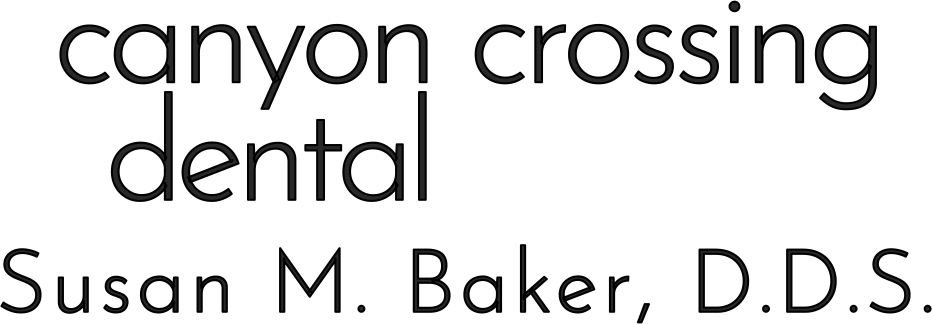We partner with you to prevent and stop progressive gum disease in its tracks
If you suspect there is something wrong with the gums that surround and protect your teeth, don’t despair! When detected in its earliest stages by the St. George, Utah, areateam at Canyon Crossing Dental, gum disease can be resolved quickly and successfully. Damage can be prevented, and early effects of gingival inflammation can even be reversed with prompt intervention as recommended by our dentist, Dr. Susan Baker. These interventions may include a nonsurgical procedure called “scaling and root planing.”
Preventing and stopping progressive disease
Gingivitis, or gum inflammation, is the mildest form of gum disease, which is also known as periodontal disease. The sticky bacteria-filled film called plaque can be “silent” for some time. Bacteria in plaque break down the teeth and release toxins. These toxins can irritate the gums. Inflamed gingiva tissues can look redder and more swollen than usual. Your gums may also feel tender and bleed, especially when brushing or flossing.
The most significant risk associated with untreated gingivitis is its progression to a more serious condition called periodontitis. This infection can cause your teeth to become loose and fall out. The bacteria and inflammation associated with periodontitis have also been implicated in many health problems that transcend the oral cavity. These systemic conditions range from heart disease and stroke to respiratory illness and pregnancy complications.
Fortunately, if evaluated, pinpointed, and acted on early, all that may be required to restore the gums to health is a thorough cleaning and personalized guidance on home care and oral care products. Active disease can also be resolved with a “deep cleaning” alternative to the standard professional cleaning. Scaling and root planing removes plaque and its hardened form, tartar or calculus, from below the gum line and root surfaces. This process encourages healing and the healthy reattachment of the gums to the teeth.
Now, as the condition advances, surgical intervention may be necessary to replace and regenerate lost or deteriorated periodontal tissues. Remember: Many oral conditions, including gum disease, can be prevented. You can protect your gums with regular visits to our office and consistent brushing and flossing. And if you have noticed gum-related changes, do not wait to call us! Our team can be reached at (435) 344-4445. We will work with you to get your mouth feeling great and looking it’s healthy best.

